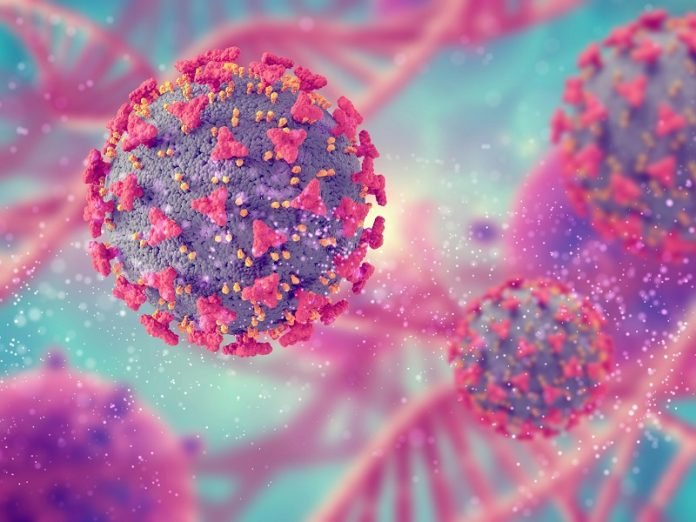
Researchers from the University of São Paulo (USP) in Brazil have discovered that the virus causing COVID-19, SARS-CoV-2, can stay in the sperm of patients for up to 110 days after initial infection.
This groundbreaking study, published in the journal Andrology, suggests that people planning to have children should wait for a period after recovering from COVID-19.
The study revealed that the virus, known to invade and destroy various human cells, including those in the reproductive system, can remain in sperm long after other symptoms have subsided.
The testicles, which can serve as a “gateway” for the virus, were found to contain the virus, even though it is rarely detected in semen through standard tests.
Using advanced techniques, researchers found viral RNA in sperm samples from 13 men aged between 21 and 50 who had varying severities of COVID-19.
These samples were collected up to 90 days after hospital discharge and up to 110 days after the initial diagnosis.
While standard PCR tests did not detect the virus in the semen, it was found in the sperm of nine out of the 13 patients (69.2%), including eight of the 11 patients who had moderate to severe COVID-19.
The study also noted that sperm from these patients showed signs of damage and produced structures called “extracellular traps.”
These traps are usually formed by immune cells to catch and neutralize pathogens, but in this case, they were produced by sperm, indicating a unique immune response.
This finding adds a new dimension to our understanding of sperm function, highlighting their role in the immune defense against infections.
Professor Jorge Hallak, the study’s lead author, emphasizes that these findings have important implications for assisted reproduction techniques.
He advises postponing natural conception and assisted reproduction, such as intracytoplasmic sperm injection (ICSI), for at least six months after recovering from COVID-19, even in cases of mild illness.
Hallak, who has been researching the impact of COVID-19 on reproductive health since the beginning of the pandemic, was among the first to caution against immediate reproduction following COVID-19 infection.
His team has made several significant discoveries, including the higher risk of severe COVID-19 and mortality in men, possibly due to the abundance of certain receptors in testicles that the virus uses to enter cells.
In previous studies, Hallak’s group also found that health workers experienced a decline in libido and sexual satisfaction during the pandemic.
Additionally, they discovered that the testes are potential targets for the virus, causing inflammation and other testicular issues.
Overall, these findings highlight the need for caution in reproductive planning following a COVID-19 infection. The long-term presence of the virus in sperm underscores the importance of allowing time for full recovery before attempting to conceive.
If you care about COVID, please read studies about Vitamin D deficiency linked to severe COVID-19, and how diets could help manage post-COVID syndrome.
For more information about COVID, please see recent studies about new evidence on rare blood clots after COVID-19 vaccination, and results showing zinc could help reduce COVID-19 infection risk.



